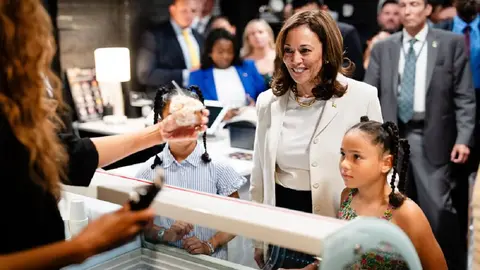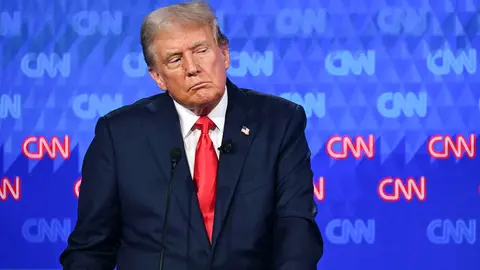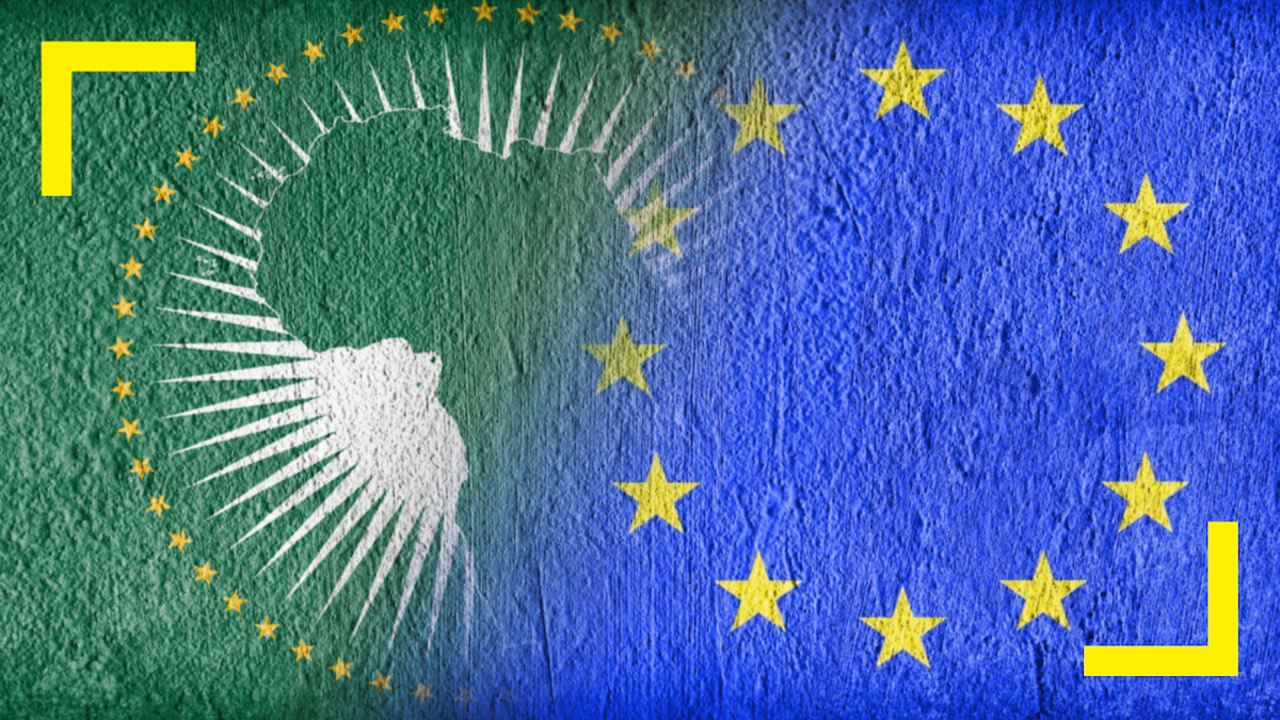The Middle East in the face of Trump's possible return to the White House
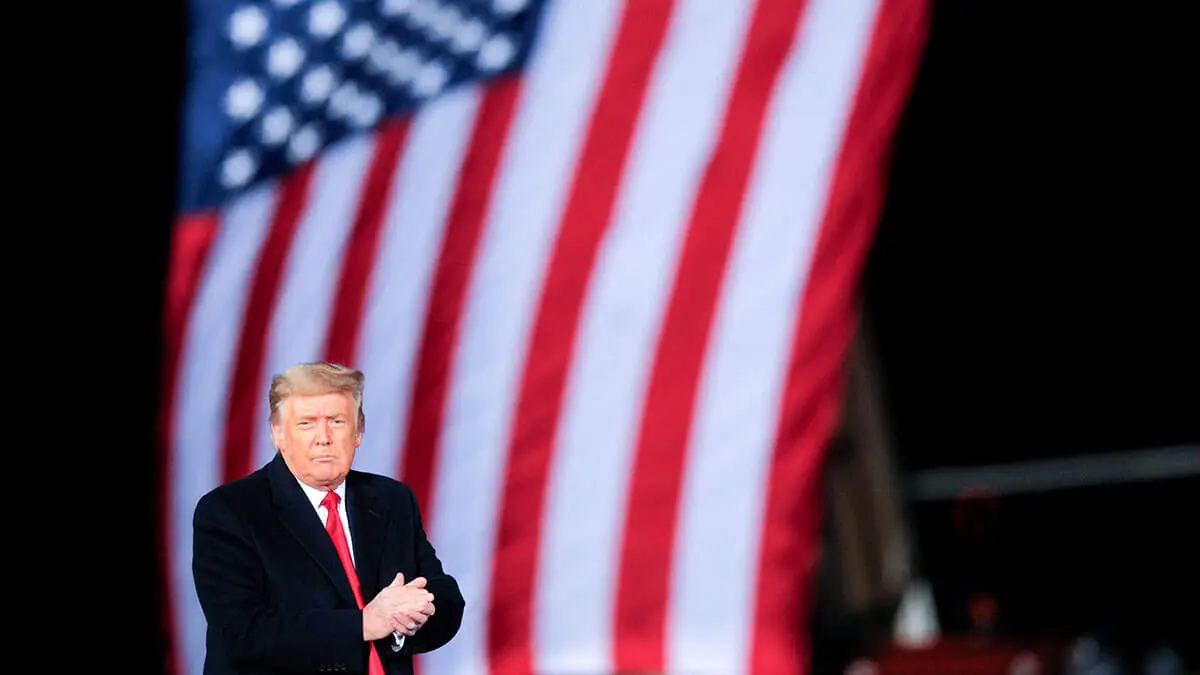
- Strong support for Israel
- The long-awaited peace between Saudi Arabia and Israel
- Isolate Iran regionally
There is a high likelihood that former President Donald Trump will return to the White House after next November's US presidential election. One of the main questions about his possible return is related to his foreign policy and, specifically, in the Middle East.
The situation in the region today is very different from what it was years ago, when Trump governed the United States. The Abraham Accords, his decision to move the US embassy from Tel Aviv to Jerusalem, and his exit from the nuclear agreement with the Islamic Republic of Iran, which raised tensions between the two countries, stand out from those years.
During his election campaign, Trump has referred to the Middle East on several occasions. Most recently, during his speech at the Republican National Convention, where he demanded the return of Americans detained in the Gaza Strip and promised to increase sanctions against the Iranian regime.
In his speech, the Republican candidate issued a threat to Hamas, assuring that if the American hostages are not released before his possible return to the White House, the terrorist group "will pay a very high price". During the event he also invited the parents of a US citizen kidnapped in Gaza, Omer Neutra, on stage.
“We want our hostages back. And they better be back before I assume office, or you will be paying a very big price.” -DJT at the RNC
— Eyal Yakoby (@EYakoby) July 19, 2024
The entire crowd chants “Bring Them Home.”
8 Americans are still being held hostage by Hamas. pic.twitter.com/BNOymd9nsc
In this regard, during the ongoing war between Israel and Hamas, Trump has repeatedly reiterated his support for Israel, noting that Jerusalem should "do what it has to do" in the Palestinian enclave. He has also criticised pro-Palestinian protesters on US college campuses and has picked Ohio Senator J.D. Vance, a politician who is very sympathetic to Israel, as a possible vice-president.
RNC crowd chants “Bring them home” as the parents of American-Israeli hostage Omer Neutra take the stage. pic.twitter.com/eC0cerrFdH
— Jacob N. Kornbluh (@jacobkornbluh) July 18, 2024
Strong support for Israel
During his tenure as President Trump developed very good relations with Israeli Prime Minister Benjamin Netanyahu, although these ties were later strained after he congratulated Joe Biden on his victory in the 2020 election.
However, a possible return of Trump to the presidency could benefit Netanyahu and his government at a time when a large part of Israeli society has expressed its rejection of the current executive and its handling of the war. Trump's stance on Iran is also very similar to that of Jerusalem.
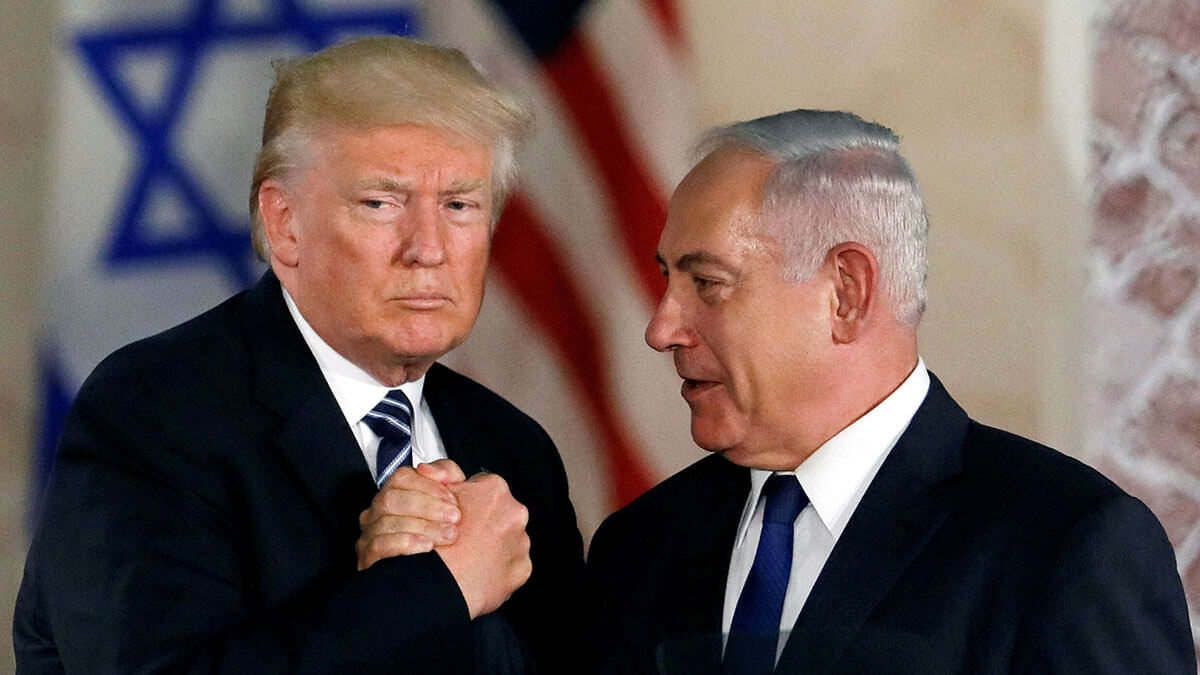
In addition to abandoning the Barack Obama-era nuclear deal, Trump also increased sanctions against Tehran and during his tenure approved the attack that would cost the life of the leader of the Iranian Revolutionary Guard, Qassem Solimani, considered not only the most powerful military figure in Iran, but one of the most influential in the nation, second only to Ayatollah Ali Khamenei.
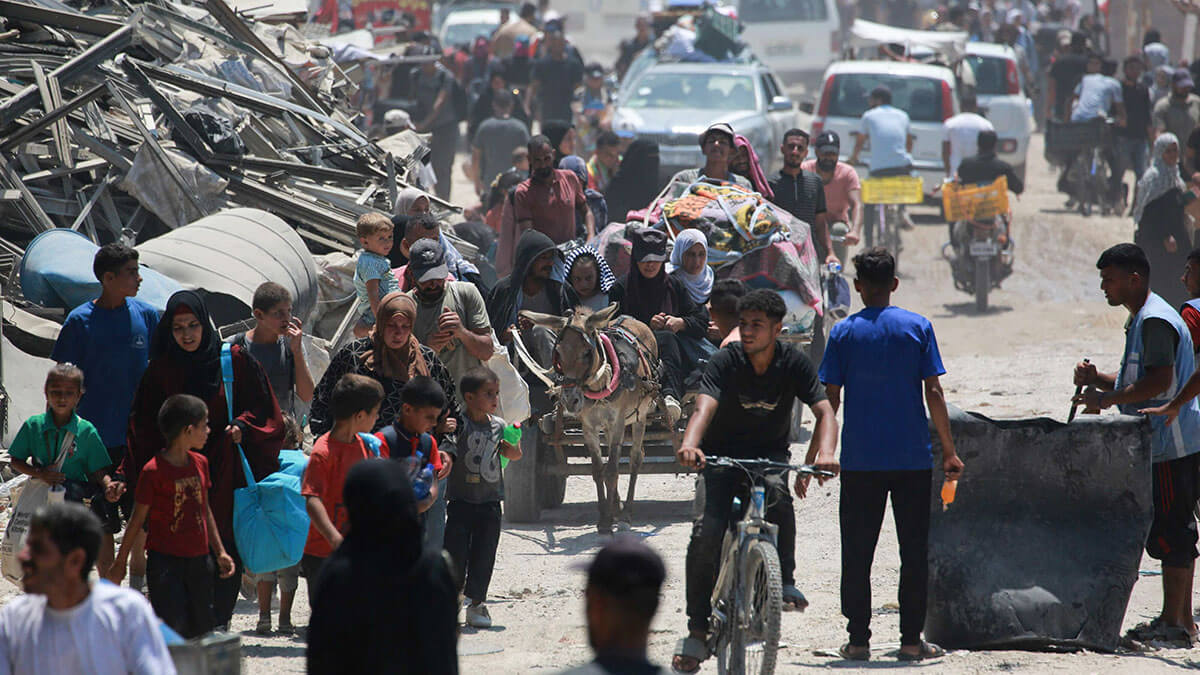
The long-awaited peace between Saudi Arabia and Israel
In addition to harming Israel's main enemy, Trump also endorsed landmark agreements that marked a before and after in the region, such as the famous Abraham Accords that fostered peace between the Jewish state and several Arab nations.
Over the past year, the Biden administration has redoubled its efforts to advance Israel's regional integration and reach an agreement with Saudi Arabia, although the 7 October Hamas attack momentarily thwarted normalisation between Riyadh and Jerusalem.

Thus, if Trump wins, he is expected to try to boost the previous administration's efforts to forge a deal between Israel and Saudi Arabia, something that would also bolster Washington's influence in the Middle East at a time when other powers such as China are seeking a foothold in the region.
As for the fossil fuel-rich Gulf states, they could also have reason to welcome a second Trump term. In this regard, as The News York Times reports, the Trump Organisation recently signed an agreement with a Saudi Arabian real estate company to build a residential skyscraper there, cementing the US tycoon's close ties with the kingdom.
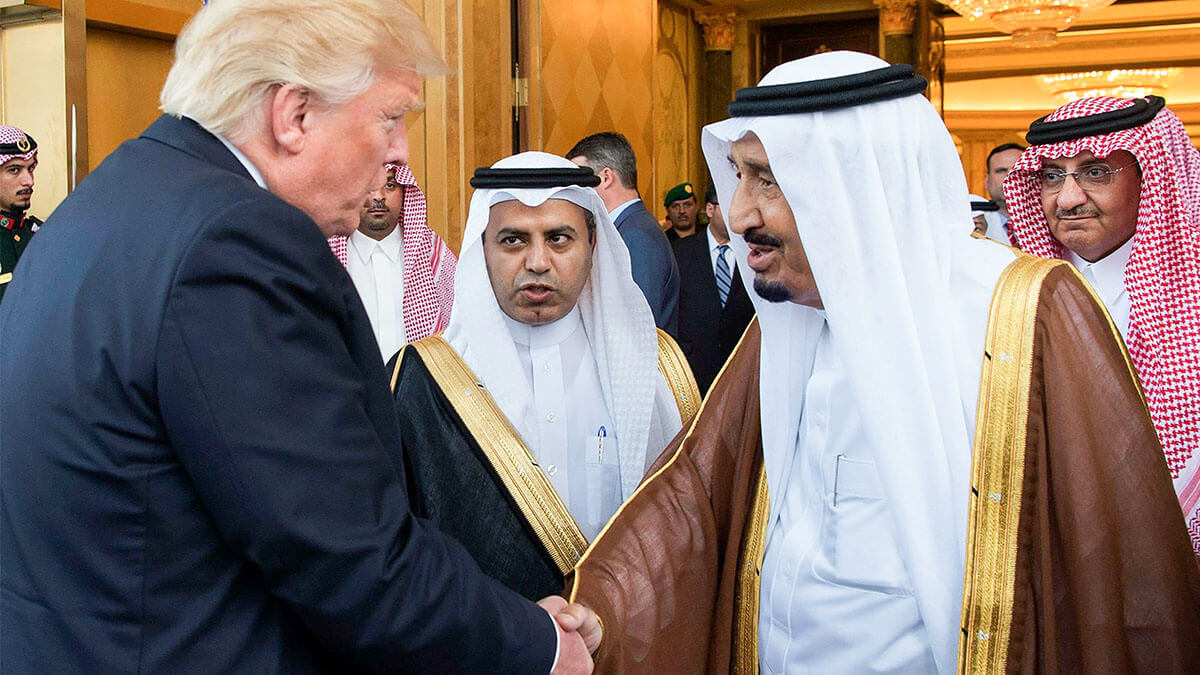
It is also worth noting that Saudi Arabia's sovereign wealth fund is the main investor in the investment firm that Jared Kushner, Trump's son-in-law, set up after leaving his post as Trump's White House adviser. "Another major source of new revenue for the Trump family has been LIV Golf, a professional league backed by the sovereign wealth fund," the US newspaper adds.
During his tenure, Trump maintained a good relationship with Saudi Crown Prince Mohammed bin Salman, and even chose Riyadh as his first foreign visit after becoming president. However, Gulf sources stress to The New York Times that they "often regret that he did not respond more strongly to an Iranian-backed attack on Saudi oil fields in 2019".
Isolate Iran regionally
If he wins the November election, Trump is likely to toughen his foreign policy towards Iran, further increasing sanctions based on Tehran's support for armed militias in the Middle East and Russia during the war against Ukraine.
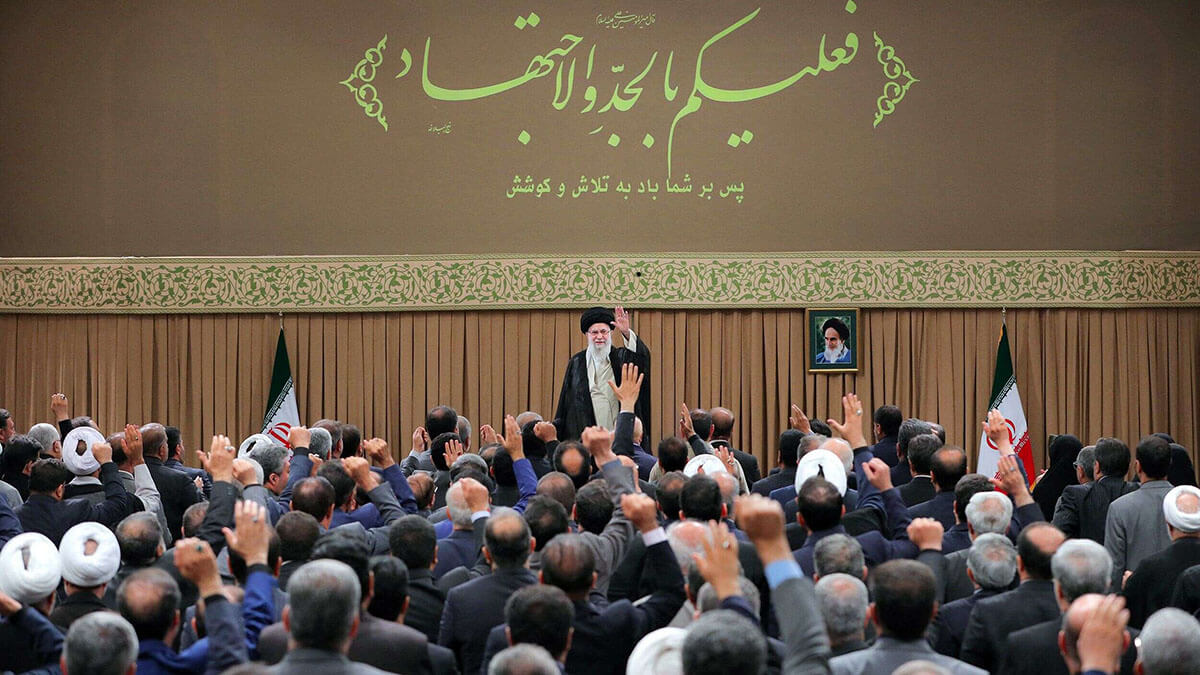
In order to isolate the Iranian regime regionally, he could also pressure Arab countries not to develop relations with Tehran. Iraq could be of particular importance here given its relationship with the Islamic Republic and the role of some Iraqi armed factions towards Tehran.
Trump will also seek to regain US influence in the region vis-à-vis other important actors such as China and Russia, nations that have managed to develop important relations in various fields with states in the region.

